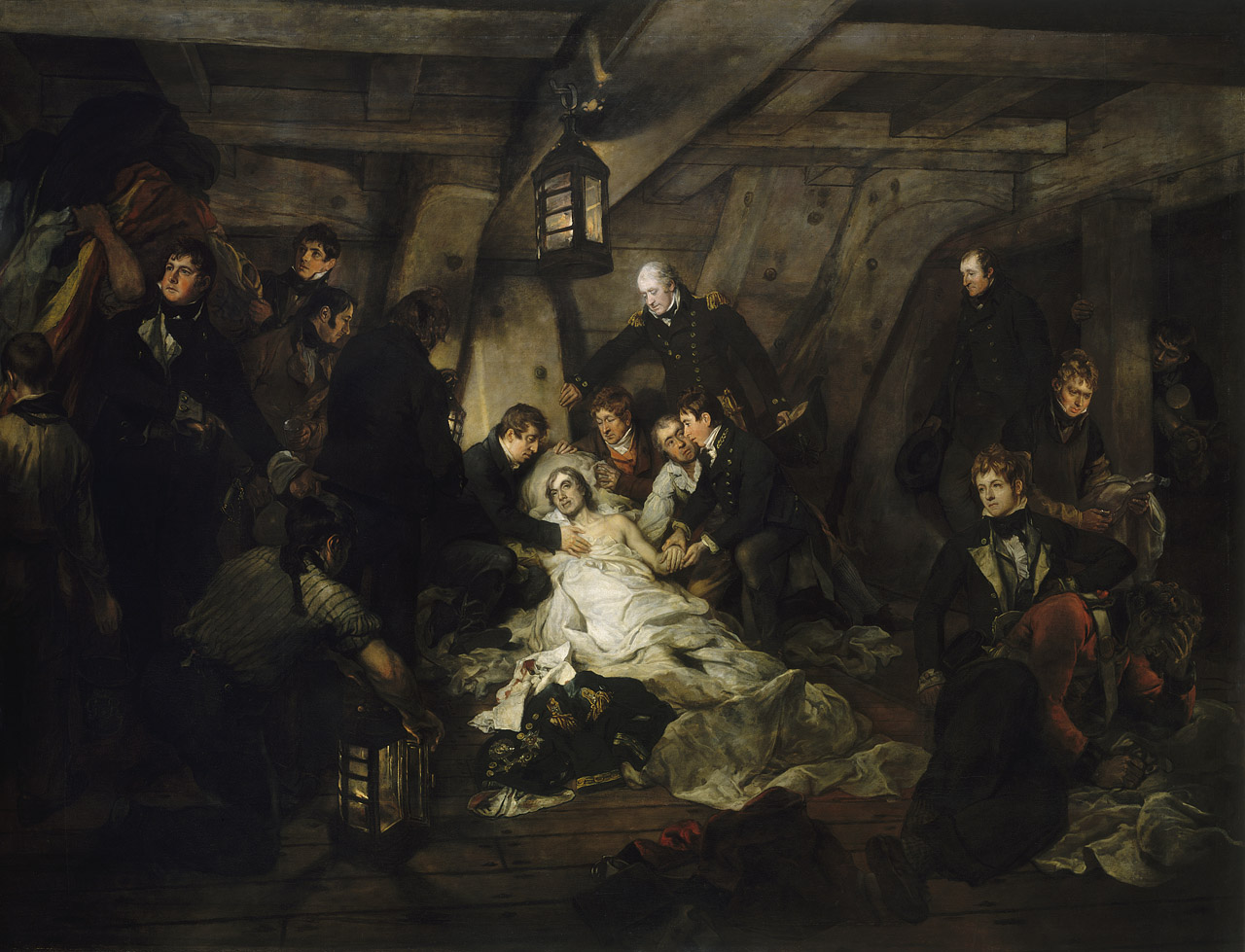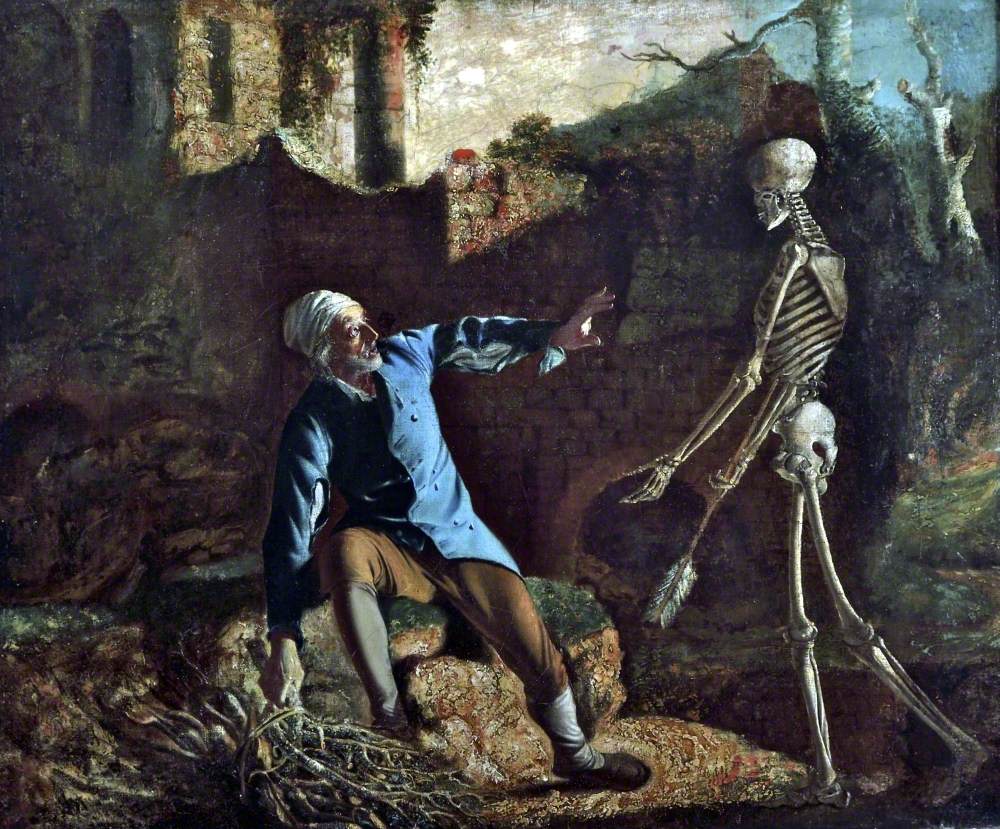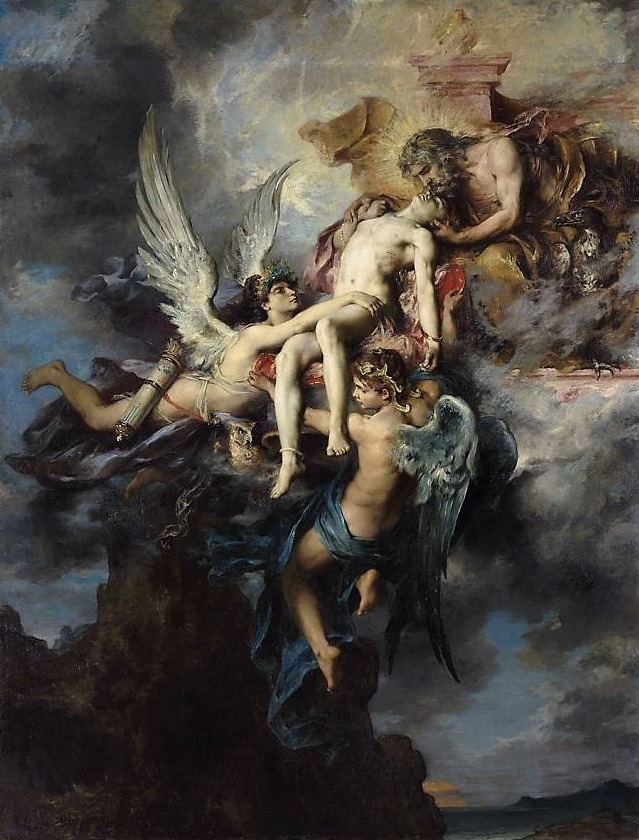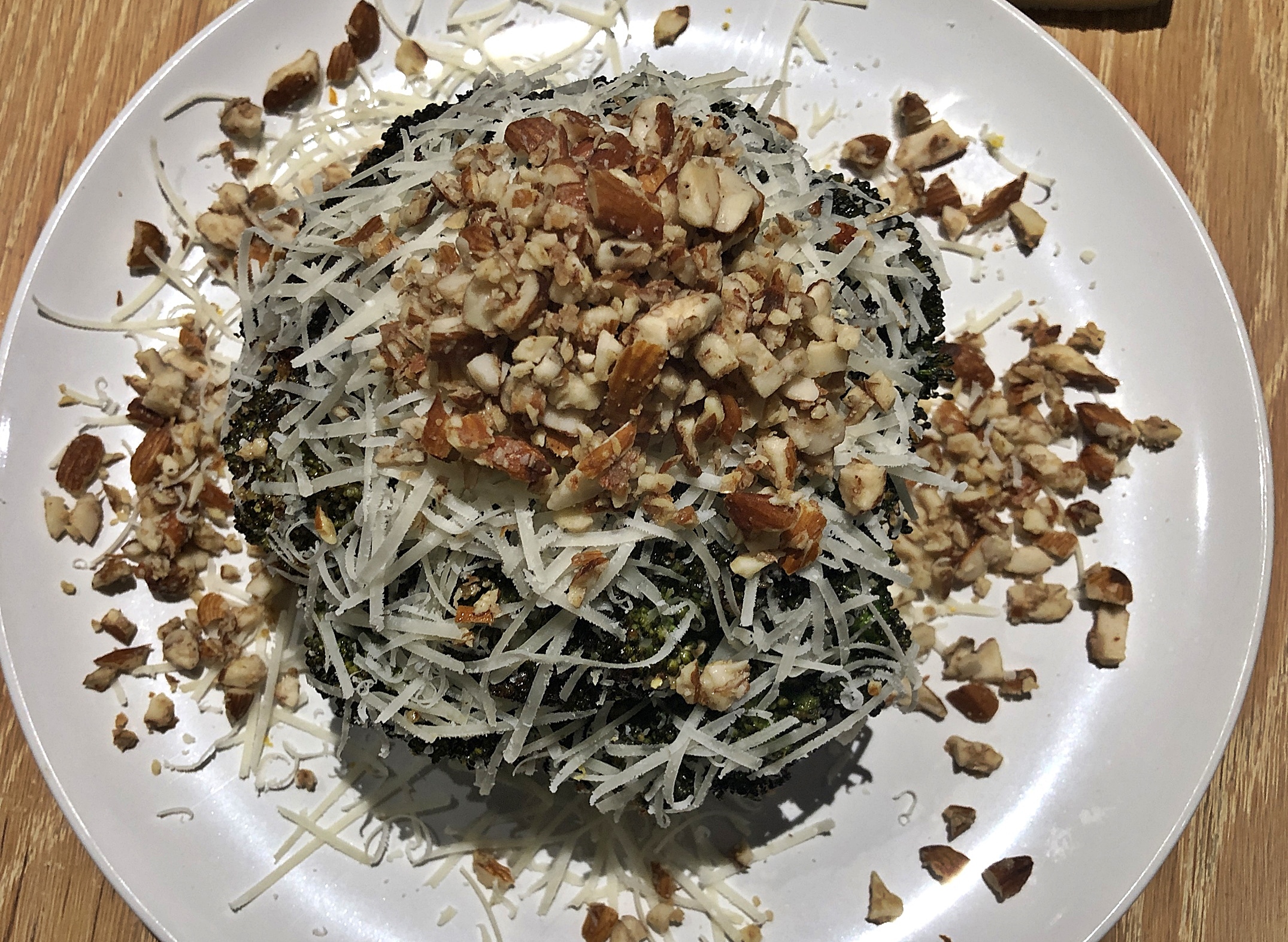Hospitality and the Absolute Surprise: Derrida’s Perhaps, Pyrrho’s Aporia, and Philosophy as the Untimely Guest
The Responsibility to Decide: Aporia


There is always deciding, making choices are part of life. However, this is dangerous, because making a choice for necessarily entails deciding against something else. Let me introduce the Pyrrhonian Aporia: when we find that we need to decide on something, and the reasons for and against are equally strong, we struggle to decide and might not even decide. This is the Pyrrhonian Aporia. It is a puzzle we cannot solve. But Derrida reads this puzzlement as a responsibility of me to make a decision (Plant 2006: 142-144). But deciding for something, as stated, means I say no to something else: “My hospitality toward this other may itself demand my hostility toward that other” (Plant 2006: 144). Derrida states that for me to decide there thus needs to be Pyrrhonian Aporia.
Genuine Hospitality Entails the Absolute Surprise


“Genuine hospitality” entails that there might be a “possibility of an absolute surprise”. One cannot, in a sense, decide when it might be convenient for me for a guest to come over. I must thus always be ready to receive a guest if I want to be genuinely hospitable. The danger of my guest disturbing me or arriving at any time, “plays a constitutive role” in this. “That she might oppose my being-at-home to the point of “ruining the house,” or even by bringing death is a necessary condition of hospitality” (Plant 2006: 143). Derrida continues and says that “from that point, I have to take responsibility. It is a crucial moment through which we have to go, we have to experience this moment of aporia in order to make a decision, in order to take responsibility.” (Derrida in Plant 2006: 143, 144).
Simply put, for me to decide entails the Pyrrhonian Aporia or Puzzlement. This Puzzlement plays a constitutive role in helping me decide but deciding entails that I choose something and decide to not choose something else. Furthermore, to be genuinely hospitable, I need to be able to accept that even death might be brought to my door. But this possibility is a necessary condition of my hospitability.
Philosophy as the Untimely Guest


“I open the door and in front of me stands a man with a long black coat. It is raining and everything is wet and cold. My door being open, invites the cold and death to enter. He says his name is Philosophy and that I am the object of his inquiry. We sit and drink whisky while he inquires why I believe what I believe. This is truly an untimely guest who only disturbs.”
Philosophy, one might state, is an untimely guest which only brings death to one’s door because philosophy brings with it the utmost possibility of disturbing my everyday way of being in the world. There is nothing that Philosophy would not disturb and overturn to rid one of the uncritically acceptance of beliefs. But this is necessary for me to decide, because without this I would merely be a dead fish swept along with life. The Pyrrhonian sceptic stands in front of his or her inability to decide because there are no reasons which might be stronger on either side which would help me decide. The Pyrrhonian Aporia leaves me unable to decide, paralyzed not by choice but by the equally strong arguments. Derrida refutes this inability to decide and states that this is exactly what entails our decision making, without this Aporia one would not be able to decide. But this also entails a danger, the untimely arrival of philosophy and the utmost possibility of the absolute surprise of a guest who might enter. This also entails that death might be brought to my home.
Philosophy is this untimely and disturbing guest who wholly and absolutely surprise me and my comfort of the everyday-being. Shocking, disturbing and discomforting me, Philosophy asks of me to be hospitable to the inconvenient, uncertain and strange so that my life might be worth living against those who are like dead fish floating where the world wants it to be.
Reading List
Plant, B. 2006. Perhaps…. Angelaki: Journal of the Theoretical Humanities, 11(3): 137-156.









Comments